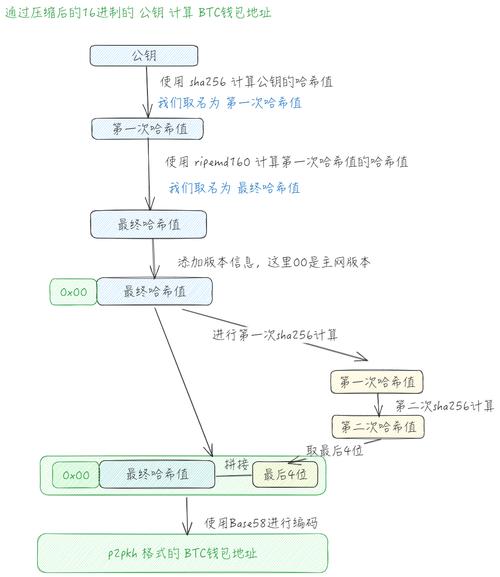Digital Currency Revolution: Understanding Bitcoin, Blockchain, and Mining
In this article, we dive into the world of Bitcoin, exploring its significance, the underlying technology of blockchain, and the process of mining. By breaking down these concepts, we aim to provide a comprehensive understanding of what Bitcoin entails and its influence on the global economy.
In this article, we dive into the world of Bitcoin, exploring its significance, the underlying technology of blockchain, and the process of mining. By breaking down these concepts, we aim to provide a comprehensive understanding of what Bitcoin entails and its influence on the global economy.

What is Bitcoin?
Bitcoin is a decentralized digital currency that was created in 2009 by an anonymous person or group known as Satoshi Nakamoto. Unlike traditional currencies, Bitcoin operates on a peer-to-peer network, allowing users to transact directly without the need for intermediaries such as banks. This feature makes Bitcoin unique and has contributed to its growing popularity and acceptance as a form of payment.
Bitcoin transactions are recorded on a public ledger known as the blockchain. This technology ensures transparency and security, making it difficult for fraudulent activities to occur. As the first cryptocurrency, Bitcoin paved the way for thousands of alternative coins, known as altcoins, that have emerged in the market. Its finite supply of 21 million coins also adds to its attractiveness, as scarcity often leads to increased value over time.

The Role of Blockchain Technology
At the core of Bitcoin is blockchain technology, a distributed ledger that records all transactions across a network of computers. Each block in the chain contains a set of transactions, and once a block is filled, it is linked to the previous block, forming a chain of data. This not only provides security but also allows for the verification of transactions without the need for a central authority.
The decentralized nature of blockchain enhances security, as it is resistant to tampering and fraud. Each node in the network has a copy of the entire blockchain, making it virtually impossible for any malicious entity to alter the transaction history without consensus from the majority of the network. This trustless environment is one of the key reasons behind Bitcoin’s success and its growing adoption in various sectors.

Bitcoin Mining: The Process Behind Creation
Bitcoin mining is the process by which new bitcoins are created and transactions are confirmed on the blockchain. Miners use powerful computers to solve complex mathematical problems that validate transactions and secure the network. In return for their efforts, miners are rewarded with newly minted bitcoins and transaction fees from the network.
As the Bitcoin network has grown, so too has the difficulty of mining. Today, mining operations require significant computational power and energy resources, leading to the establishment of mining pools where miners collaborate to enhance their chances of earning rewards. This has raised concerns about the environmental impact of mining, as the energy consumption associated with Bitcoin mining has become a hot topic within the cryptocurrency community.
In summary, Bitcoin has revolutionized the financial landscape by introducing a decentralized currency that operates outside the bounds of traditional financial systems. Through blockchain technology, it ensures transparency and security while providing a unique mining process for sustaining its ecosystem. As Bitcoin continues to evolve, its impact on the global economy and beyond will only grow stronger, making it a pivotal player in the digital currency space.






